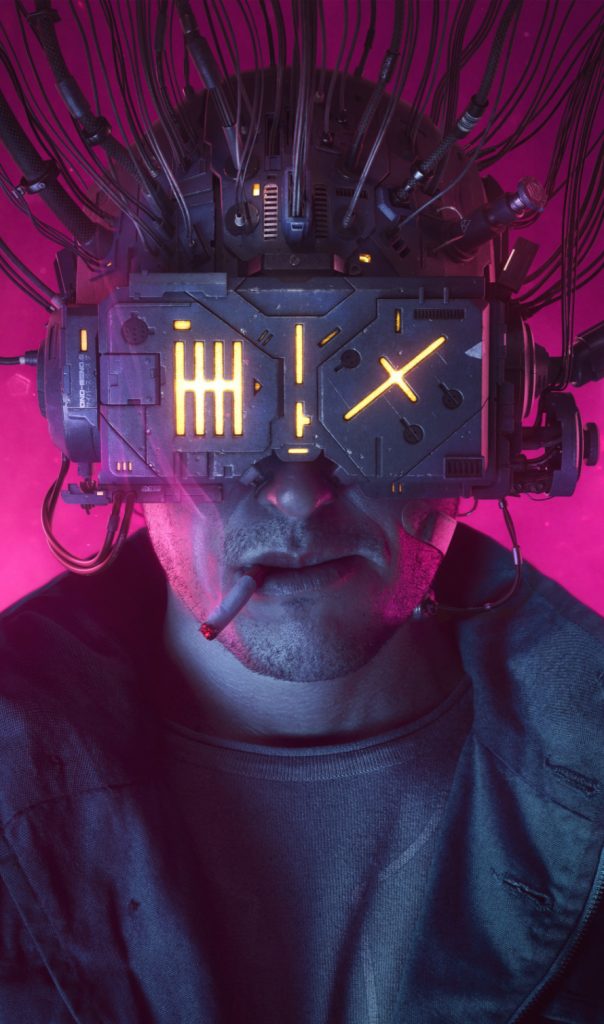Cyberpunk classics Blade Runner (1982) and Neuromancer (1984) explore the nuanced interaction between technology and people, eliciting important points on what it means to be human. These stories investigate the nature of mankind from different angles: Blade Runner examines the creation and existential crises of replicants, while Neuromancer analyzes the relationships between people and artificial intelligence in cyberspace. When taken as a whole, they offer a thorough examination of identity, self-awareness, and human nature in a world characterized by technology.
In Neuromancer, Gibson’s utilization of cyberspace and AI as reflections of humanity helps to challenge how the reader understands what it means to be human. The cyberspace is basically the internet if there was a way to enter the internet. Gibson specifically mentions that the cyberspace is a “consensual hallucination that felt and looked like a physical space but actually was a computer-generated construct representing abstract data.” So it is essentially a place where human identities are both created and destroyed. Concerning AI, Case, the novel’s protagonist, gets involved with two central AI’s named Wintermute and Neuromancer. These AI’s signify how complex the explorations of artificial awareness are. They have the ability to manipulate humans and influence their behavior and decisions just like an actual human being, but they are restricted when it comes to functioning, so this challenges what the reader defines as identity.
Blade Runner’s entire plot surrounds replicants and the quest to kill those that remain on Earth. These replicants are humanoids who are capable of facing identity struggles similar to those of a human being. Roy Batty, a combat model replicant, encapsulates these struggles. His dying words detail how he has experiences and thoughts that will be gone once he’s dead. He says, “All those moments will be lost in time, like tears in rain,” displaying his heartbreaking awareness that gives him a longing to leave something behind to be remembered for. The replicant Rachel as well is also key to this point because she also has an identity crisis when it is revealed that her memories aren’t real.
Blade Runner and Neuromancer both provide insightful analyses of human nature while offering an engrossing investigation of what it means to be human in a time when technology is constantly redefining the limits of existence. While Neuromancer addresses similar topics through its depiction of artificial intelligence and the virtual world, Blade Runner uses the struggle of replicants to challenge fundamental aspects of human identity. Because these worlds can evoke profound philosophical issues about our place in a technologically advanced society and the nature of our own identities, they will always be relevant.




